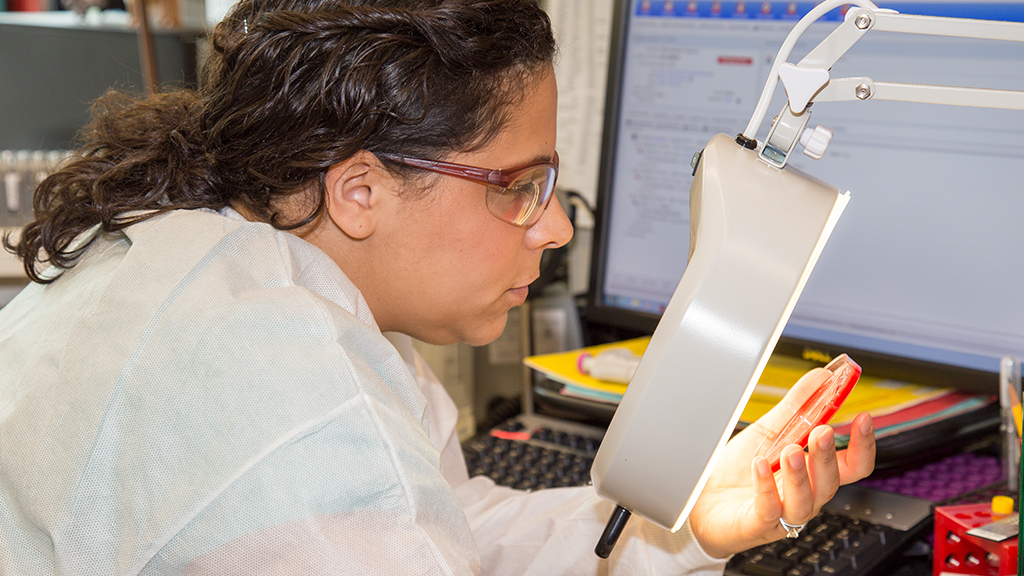Understanding the Value of Veterinary Labs for Pet Health
Understanding the Value of Veterinary Labs for Pet Health
Blog Article
Companion animals are invaluable, and keeping them healthy takes proactive care. Pet health labs are invaluable resources in preventing diseases for our four-legged friends.
This article, we’ll examine the importance of veterinary labs and review key diagnostic services.
How Do Veterinary Laboratories Work?
Animal health testing facilities provide health assessments for examining samples. They provide critical insights to make accurate diagnoses.

Steps in veterinary testing usually includes:
- Obtaining specimens: Specimens from pets are sent to the lab.
- Advanced diagnostics: Modern technology provide results.
- Providing actionable data: Data supports treatments for proactive solutions.
Essential Tests in Veterinary Labs
Veterinary labs offer many tests to prevent serious conditions. Frequently used procedures include:
- Complete blood counts (CBC): Monitor immune responses.
- Bladder and kidney checks: Check for diabetes.
- Parasite checks: Identify digestive disorders.
- Allergy testing: Diagnose food or environmental allergies.
- Structural health assessments: Examine internal structures.
laboratório de análises clínicas veterinária preventiva
How Testing Supports Pet Health
Frequent health checks helps catch problems early. By identifying issues early, vets can provide better care.

Why diagnostics matter include:
- Better disease management: Chronic issues are managed.
- Saving on future treatments: Early detection reduces expenses.
- Trust in their well-being: Feel secure about their health.
laboratório de análises clínicas veterinária preventiva
Why Testing Matters for Dogs and Cats
Pet health labs ensure pets get the best care possible. By scheduling routine tests, you support their quality of life.
Make pet health a priority and support their wellness every step of the way!
Report this page